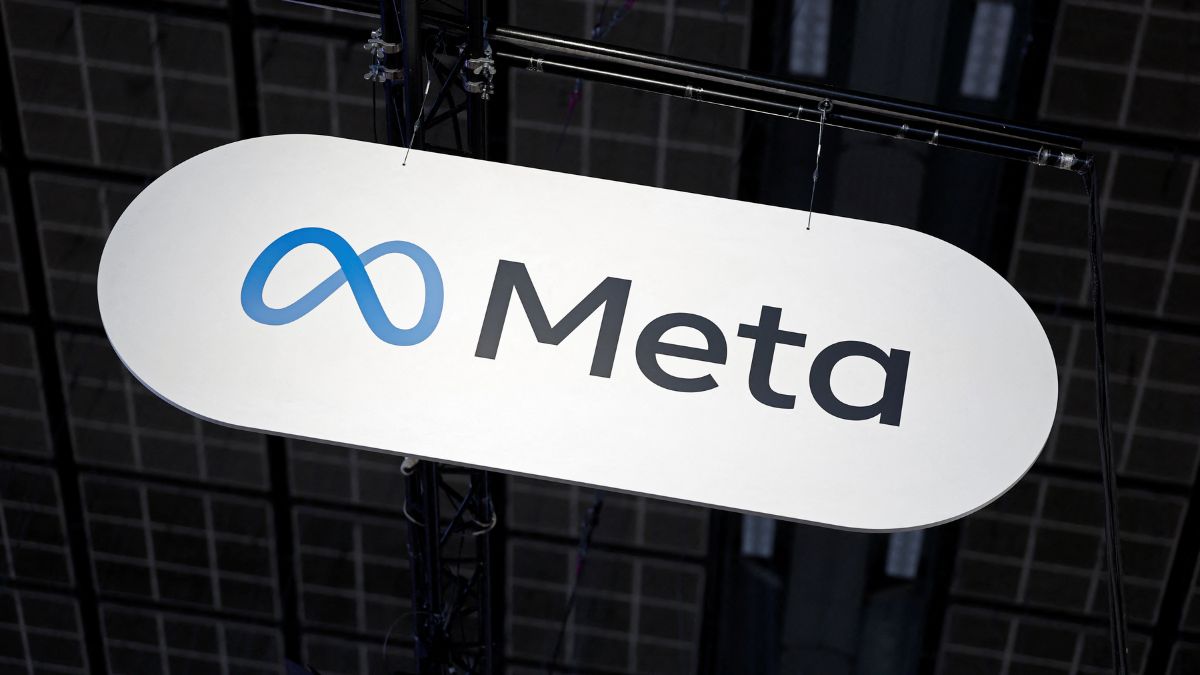Is privacy with Meta AI a mere myth?
 Meta logo at Porte de Versailles exhibition centre in Paris | REUTERS
Meta logo at Porte de Versailles exhibition centre in Paris | REUTERS
A conversation about a thigh rash, or a talk you might want to have with your therapist—these are probably not the things you want to announce to the world. However, this is exactly what Meta AI has achieved for its users. “What counties [sic] do younger women like older white men,” is only ONE of the many Meta AI searches which have gone public. Meta AI, to most of its users, is only a chatbot platform. Little did they know that their most personal conversations with the bot are being read by thousands of others on its ‘Discover’ feed.
Zuckerberg’s beloved Meta launched a stand-alone app for its AI chatbot in April 2025. The Meta AI app seemed to its users as something similar to ChatGPT but customized to engage in casual conversations like one you would have with a friend.
Someone to open up to but without the awkwardness of it is what most users must have thought while installing the app. What most people possibly didn’t know was that it shared similarities to Instagram or Facebook, with its public ‘Discover’ feed.
The ‘Discover’ feed on Meta-AI reveals prompts and conversations from other users. The feed shares thousands of images of users, including children who are probably unaware that it is being viewed by thousands of others. Posts captioned “Restyle my photo as 3D,” where the original image shared by the user along with the prompts are put out to the public.
The real Instagram and Facebook handles of users are attached to their posts, possibly without the knowledge of the user. The app has also provided a reply option below these posts, which brings in unsolicited comments from strangers to personal images that you may have shared with the app.
Amid the concerns about Meta AI privacy, Meta spokesman Daniel Roberts told Business Insider that there’s a multi-step process for sharing a chat history or image to Meta AI’s Discovery feed. And to be clear, conversations with Meta AI aren’t public by default. According to Roberts, you have to explicitly choose to make something public by clicking “Share” and then “Post.”
“As someone who researched dark patterns in privacy for years, including Meta’s practices, I can tell that it’s not the first time the company has failed to focus on transparency and design practices to protect its users.” Luiza Jarovsky, co-founder of AI, Tech & Privacy Academy, added on X.
According to Meta, this app is a “first step toward building a more personal AI.”
“It is more social, so it can show you things from the people and places you care about,” it said during the app’s launch in April 2025.
Meta described the ‘Discover’ feed as “A place to share and explore how others are using AI.”
But is that what it really is?
Does Meta realize that its efforts in AI are not influencing people the way they claim to, with people accidentally sharing their private interactions on a public platform?
Video- or image-generating AI tools such as Midjourney and OpenAI’s Sora have pages where people can share their work and see what AI has created for others, but neither service engages in text conversations that turn personal, according to The Washington Post.
One takeaway from the ‘Discover’ feed of the app is that most people depend on chatbots to meet their emotional and personal needs, which should be a topic of concern. Users take the help of AI bots on matters ranging from their health concerns to relationship problems.
Advocates of privacy, like Jarovsky, warn users about their usage of AI apps. “If you are a Meta user, make sure to always check the privacy settings of the product you’re using,” added Jarovsky.
Sci/Tech